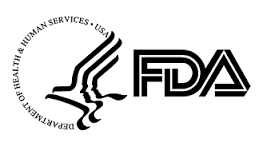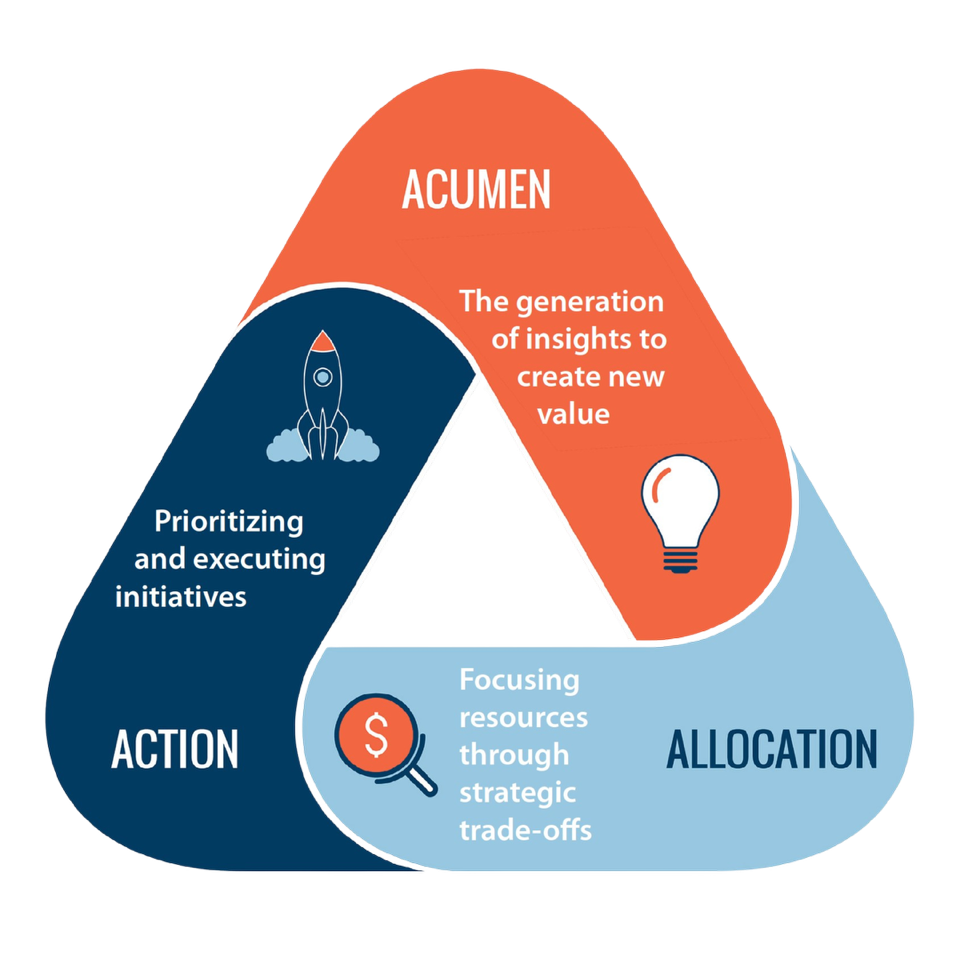
Editor's Note The US Food and Drug Administration (FDA) has designated Class 1 recalls—the most severe category indicating risk of serious injury or death—involving three systems: Atlan anesthesia workstations from Draeger, CADD-Solis ambulatory infusion pumps from Smiths Medical, and Trilogy Evo ventilators from Philips Respironics. FDA issued all three announcements…

Although certification can be a career accelerator for any nurse, perioperative nurses in particular appear to be getting the message. Consider the most recent data from the American Board of Perianesthesia Nursing Certification, Inc (ABPANC), which offers the Magnet-recognized Certified Postanesthesia Nurse (CPAN) and Certified Ambulatory Perianesthesia Nurse (CAPA) credentials.…

Takeaways • The 3A Strategic Thinking Framework and the GOST Framework are examples of tools that can help make the abstract process of strategic thinking more concrete for perioperative leaders. • Carving out dedicated time for planning and fostering strategic thinking in others are important to achieve optimal results. •…

How should responsibilities associated with C-sections be divided between the OR team and the OB/GYN department at a staff-strapped rural hospital? This was just one of many questions I had never considered prior to attending the 2024 OR Manager Conference, which drew perioperative professionals to the MGM Grand in Las…

Reliable and robust enough for daily use on most medical devices, steam is the most common sterilant in healthcare facilities. However, using steam properly requires a balancing act. For example, too much moisture can lead to wet packs, while steam that is too dry might not be sufficient to achieve…

When a speaker at a recent conference asked if anyone had achieved a first-case on-time start (FCOTS) rate above 90%, Jay Parker, BSN, RN, could have been the only one in the room with his hand up. However, Parker was not inclined to call attention to himself. As director of…

Think of that colleague you would not miss if they called out sick. You may be short-staffed, but you know you are going to have a better shift without their chronic complaining, drama, and lack of productivity sucking all the energy and joy out of the department. Tolerated for too…

Editor's Note Glucagon-like peptide-1 receptor agonists (GLP-1s) could reduce total knee arthroplasty (TKA) complications for non-diabetic patients with obesity, according to a November 13 Helio report on research presented at the American Association of Hip and Knee Surgeons Annual Meeting. In addition to reduced odds of 90-day medical complications, the…

Editor's Note Adverse events (AEs) remain widespread in perioperative care, affecting nearly one in three patients and resulting in substantial and often preventable patient harm, according to a retrospective cohort study published November 13 in The BMJ. The study analyzed 1,009 weighted admissions from a sample of 64,121 surgical patients…

Editor's Note Amid growing concerns about healthcare workers’ exposure to ionizing radiation and its associated cancer risks, the American Medical Association (AMA) House of Delegates called for increased protective measures and standardized guidelines, including improved exposure metrics, during their interim meeting in Orlando, Florida. MedPage Today reported the news November…